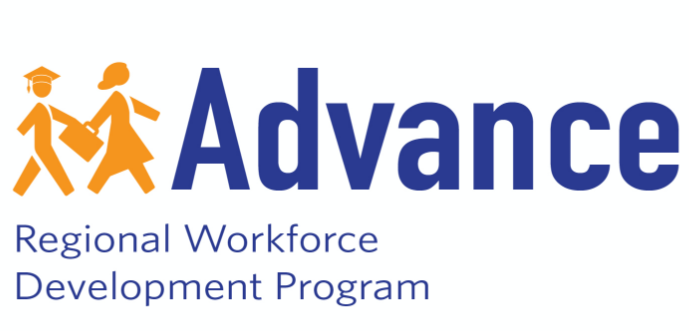Labor market assessments pinpoint employment and technical education needs in Latin America and the Caribbean
July 11, 2017
Across Latin America and the Caribbean, countries are facing a workforce skills crisis. The World Bank reports that more than 20 million youth in Latin America and the Caribbean ages 15 to 24 are neither working nor in school, and the unemployment rate for this age group is almost 17 percent. Yet, companies are unable to fill key positions. Employers cite a lack of applicants with the relevant skills as a significant obstacle to boosting their productivity. One of the main drivers of this disconnect is that higher education institutions are not adequately preparing students to meet employer needs.
Through the Advance program, FHI 360 bridges the gap between labor market supply (education) and demand (employers) by strengthening two-year post-secondary technical degree programs in three countries: Guatemala, Honduras and Jamaica. Over the course of five years, this program will partner with up to nine technical tertiary institutions in these countries to prepare graduates to enter the workforce with the skills needed to succeed. The program is funded by the U.S. Agency for International Development.
Original story posted by FHI 360. Reposted with permission.
